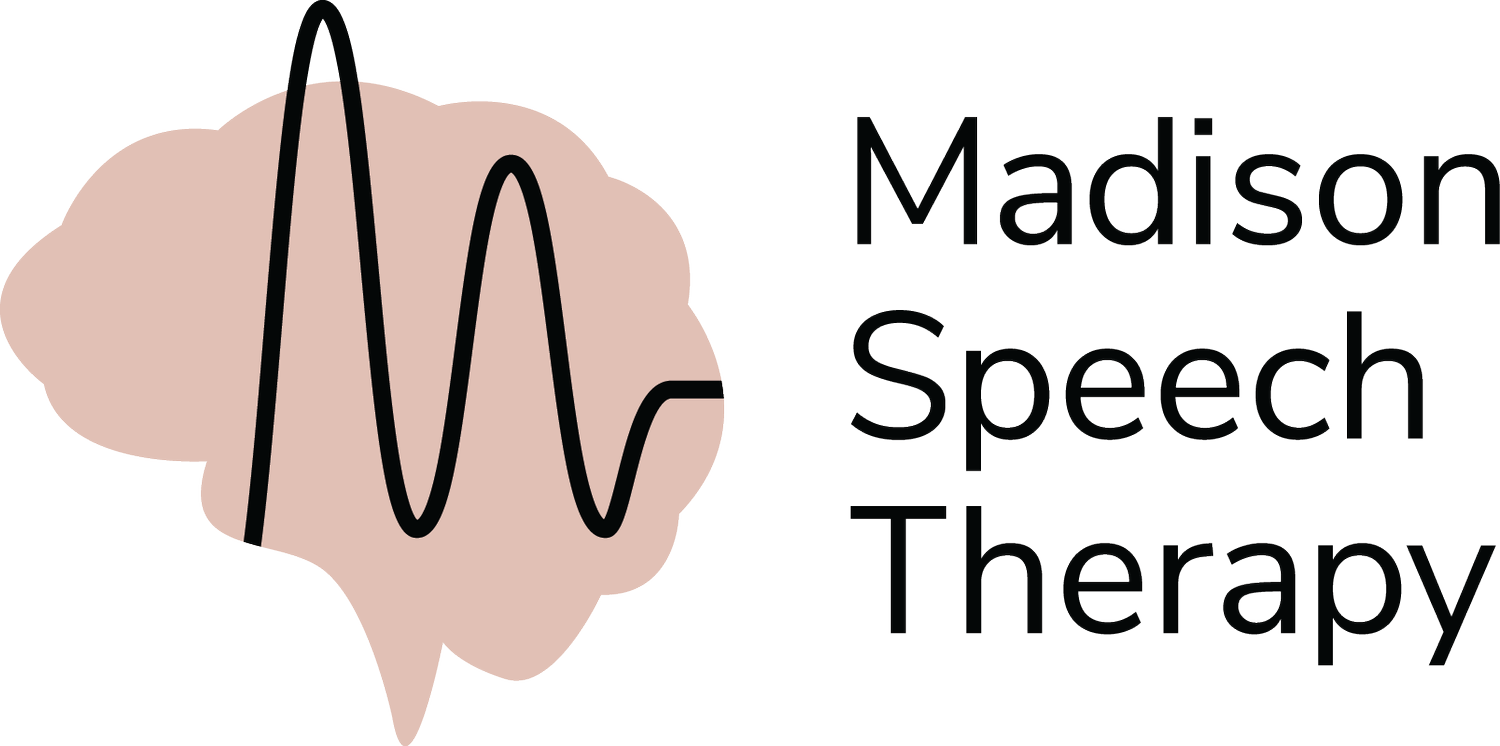Biofeedback on the Tip of Your Tongue
Dysphagia, a swallowing disorder, affects 22% of people over 50 years old!
It can be caused by many conditions including stroke, brain injury, muscle weakness, aging, Parkinson's disease, dementia, head and neck cancer, and medication side effects.
If you don't swallow properly, food and liquid can enter your windpipe causing discomfort, choking, or illness.
Dysphagia looks like:
Coughing when eating or drinking
Unintended weight loss
Wet sounding voice during or after eating/drinking
Food leaking out of the mouth when eating or drinking
Bacterial pneumonia
Feeling too tired to finish a meal
A speech-language pathologist can perform different tests to evaluate swallowing skills including:
Clinical swallow evaluation
X-Ray Swallow Study
Fiberoptic Endoscopic Evaluation of Swallowing
So, you've been diagnosed with dysphagia, or swallowing problems....now what?
Depending on the cause of your swallowing trouble, you may need a combination of the following treatments:
Eating strategies like taking smaller bites or single sips
Posture changes like tucking your chin when you swallow
Exercises to rehabilitate the swallowing muscles
Diet modifications like texture changes to add moisture so food slides down your esophagus easier
Often, when a speech therapist recommends swallowing exercises, they don't have tools to measure the strength of your swallowing. One of the biggest muscles involved in swallowing is your tongue! The tongue helps push food and liquid into your stomach.
Let's say that your speech therapist found you had tongue weakness when you completed an X-Ray swallow study. It's time to exercise that muscle! Your therapist asks you to push your tongue to the roof of your mouth as hard as you can. Are you pushing hard enough to strengthen your tongue muscle? It's impossible to know....or is it?
Recently, a tongue strengthening device was developed that you can use in therapy and at home. The Tongueometer measures the strength of your tongue muscle as you complete different exercises. You get immediate feedback from the application to see if you are completing the exercises correctly and you can see how strong your tongue is. This is called biofeedback!
At Madison Speech Therapy, we believe that technology and "biofeedback" are key for rehabilitating swallowing impairments. When appropriate, we proudly offer the Tongueometer as an option for biofeedback to make swallowing therapy meaningful and effective.
If you or a loved one are experiencing swallowing problems,
we can help!
